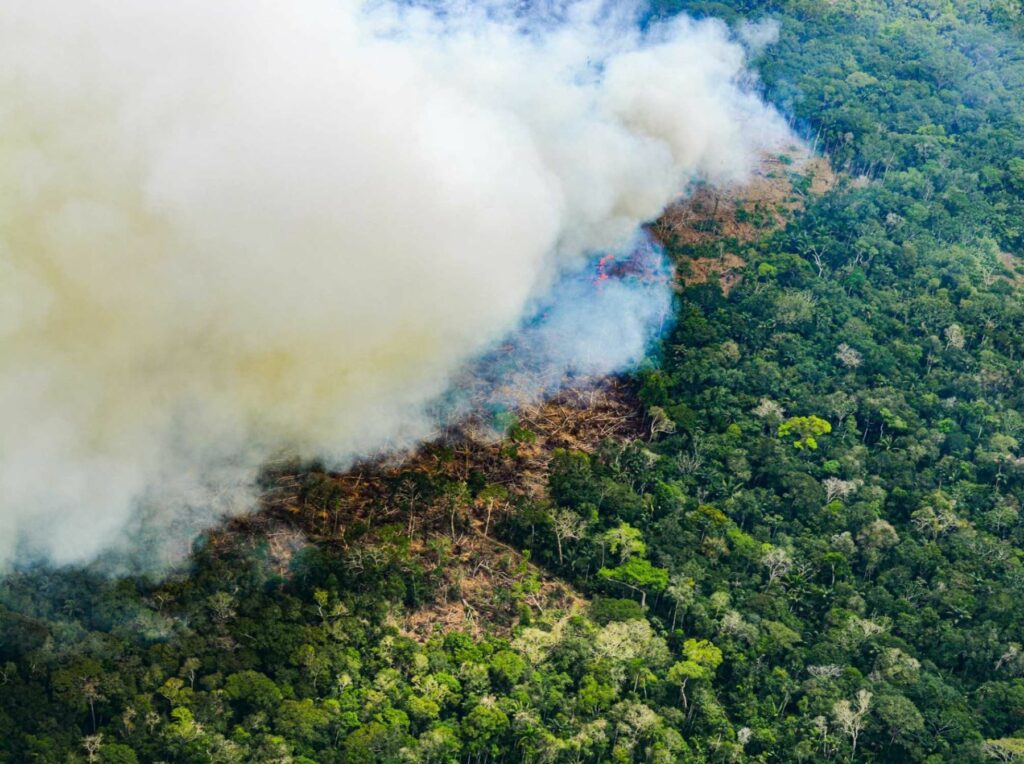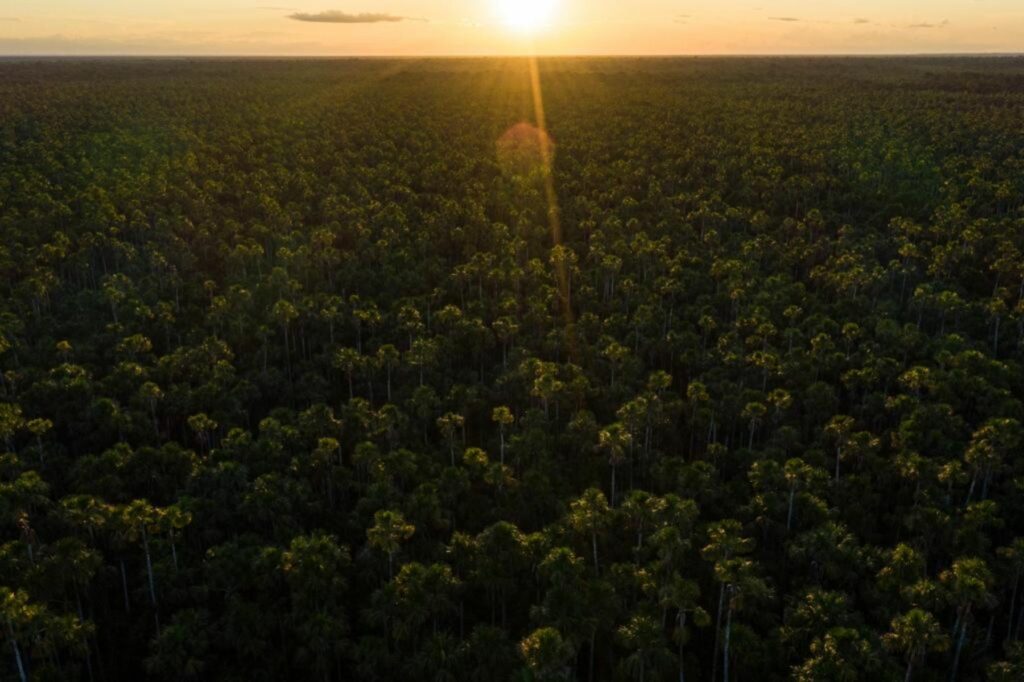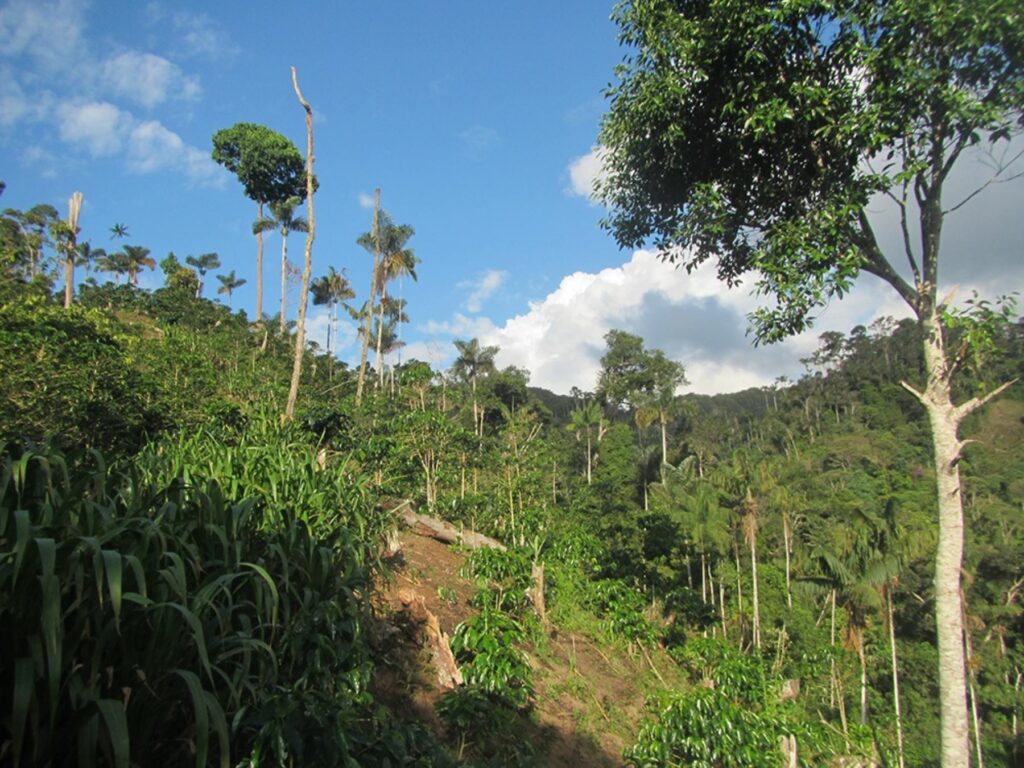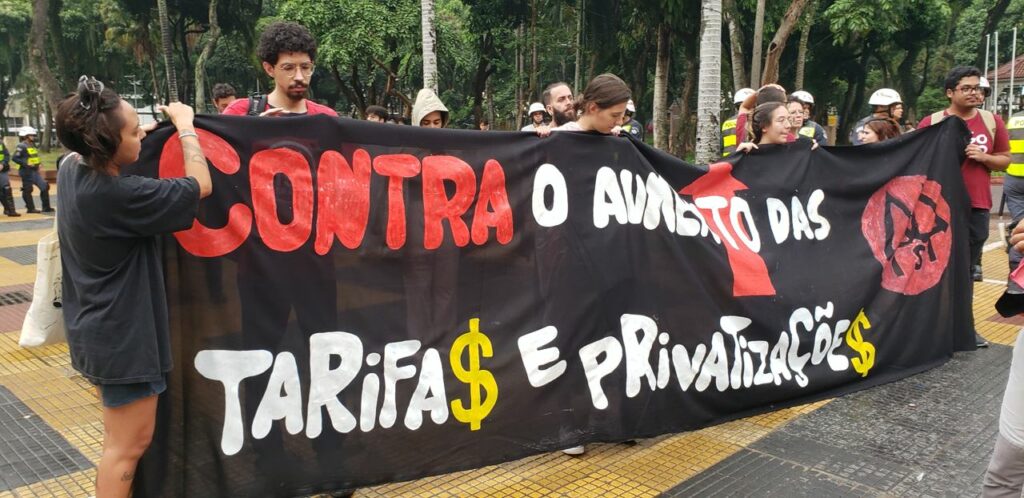
resistencia
Protección e impunidad al ejército
El pasado viernes por la noche la juez del juzgado segundo de procesos penales federales del Estado de México, convocó a una audiencia de revisión de medidas cautelares de 8 militares relacionados con la desaparición de los 43 estudiantes de Ayotzinapa. Sin dimensionar la gravedad del caso y lo que significa esta determinación para las madres y padres que exigen castigo a los responsables, la juez sin mayor preámbulo decidió cambiar la medida cautelar por una garantía de 50 mil pesos, con la obligación de presentarse a firmar cada ocho días, procediendo a recoger sus pasaportes para evitar que salgan del país. Como siempre sucede en estos casos cuando hay línea política de las autoridades superiores, se consumó el sabadazo al estilo del viejo régimen. Los militares abandonaron la prisión del campo militar número 1, donde se encontraban recluidos.
El curso de las investigaciones mostró que los militares tenían responsabilidad en un grado de omisión por la desaparición de los 43 estudiantes, además, mantenían vínculos con el grupo delictivo guerreros unidos que operó su desaparición en la noche del 26 y la madrugada del 27 de septiembre de 20114 en Iguala, Guerrero. Existen varias circunstancias que ponen en evidencia su involucramiento: el expediente que remitieron las autoridades de Chicago mediante una cooperación internacional. La revisión que hizo el GIEI y la CoVAJ que presidía Alejandro Encinas, donde se encontró información objetiva de que el Ejército supo en tiempo real lo que pasó con los estudiantes, desde su salida de la Normal Rural pasando por la agresión en Iguala y al momento de su desaparición. Por lo tanto, es importante aclarar que los militares, contra los que se ejercitó acción penal, incurrieron en omisiones que favorecieron la desaparición de los 43 estudiantes.
Con estos elementos de prueba el entonces fiscal especial del caso Ayotzinapa Omar Gómez, ejercitó acción penal contra 20 militares, sin embargo, por presiones políticas del Ejército, el mismo presidente de la república y del fiscal general se cancelaron en el 2022, 16 órdenes de aprehensión. Se trató de una intervención política del presidente para que no se manchará la buena imagen que tanto cuida el ejército. Las madres y padres no cejaron en su lucha, además de exigir la entrega de los 800 folios que el ejército se ha negado a entregar, emplazó a la fiscalía y al presidente para que las mismas órdenes se reactivaran.
En junio de 2023 las órdenes de aprehensión retomaron su curso y fueron detenidos 8 militares acusados por delincuencia organizada, en razón de que tenían vínculos con guerreros unidos y por la desaparición de los 43, en grado de omisión. El 22 de junio se debatió acerca de la medida cautelar que se les debería imponer. La Juez Segunda de Procesos Penales Federales en el estado de México dijo que no estaba justificada la prisión preventiva, pero por ser un caso grave, era procedente la prisión preventiva oficiosa. El abogado de los militares interpuso un amparo contra esta decisión de la Juez. Por su parte, el Juez de amparo resolvió que debería revisarse la imposición de la prisión preventiva en razón de que existen nuevos criterios de la Suprema Corte de Justicia de la Nación, que establecen que la prisión preventiva ya no opera de oficio, sino que se debe justificar. Ante este ordenamiento la Juez de la causa citó audiencia a las partes. El ministerio público argumentó y defendió la necesidad de la prisión preventiva. Se logró que se otorgara, sin embargo, el defensor de los militares se inconformó y apeló la decisión mediante un recurso de revisión. El primer Tribunal Colegiado del Primer Circuito de la ciudad de México resolvió a favor de los militares, estableciendo que es improcedente la prisión preventiva oficiosa y que la Juez de la causa del Estado de México debería imponer una medida cautelar distinta de la prisión preventiva. Sin abrir debate, la juez decidió cambiar la medida cautelar por prisión preventiva, con el argumento de que no estaba justificada la prisión preventiva oficiosa.
La Juez tenía elementos suficientes para dictar prisión preventiva justificada. Se trata de un caso grave, el tipo de delito de desaparición forzada tiene una penalidad alta. Si en el proceso los militares saben que existe responsabilidad penal por su mala actuación, es muy probable que se den a la fuga, por lo grave del delito. Otro elemento para imponer la prisión preventiva es que los militares son servidores públicos que poseen información relacionada con el caso, y por lo mismo pueden influir en la destrucción o alteración de documentos y testigos, obstaculizando seriamente el proceso. Estos elementos son motivos suficientes para que la juez impusiera la prisión preventiva. Sucedió lo contrario, la balanza se inclinó del lado de los militares al otorgarle libertad a 8 acusados. No importó a la juez el daño inconmensurable que cusa a las 43 familias y a los estudiantes de la Normal. Es sumamente ofensivo para las víctimas que esta medida la hayan otorgado de manera expedita, como si se tratara de una urgencia para poner en libertad a los 8 militares.
Ante esta determinación contraria a los derechos de las víctimas, corroboramos que el caso Ayotzinapa va en franco retroceso. Hay un golpe de timón dado por el presidente de la república para encubrir a los militares e impedir que se procese a todos los que se les dictó orden de aprehensión. Por otra parte, la fiscalía especial del caso Ayotzinapa está casi desmantelada. Está un fiscal que carece de independencia, que está más al servicio del poder ejecutivo. No impulsa las líneas de investigación que son medulares en el caso, por ejemplo la extradición de Tomás Zerón que no se ha tocado. Las líneas de investigación que tienen que ver con el paradero de los 17 jóvenes detenidos, es un asunto marginal para el fiscal. De igual manera sucede con un imputado, Ulises Bernabé, que era director del centro de detención de barandilla en Iguala, que hoy está asilado en Estados Unidos. Tiene una orden vigente, cuenta con una ficha roja de la Interpool y hasta la fecha no ha sido localizado en Estados Unidos. No ha avanzado su proceso de extradición, cuando es un testigo clave que puede ayudar a esclarecer el caso. Vemos que no existe interés en el funcionario en que estas líneas de investigación avancen. Está más enfocado en atender los requerimientos del presidente y en poner zancadillas en lo que publicó el GIEI en sus 6 informes.
Lo mismo acontece con la Comisión para la verdad y el acceso a la justicia, cuyo presidente renunció en condiciones de mucha tensión y en medio de un debate, ante la negativa de los militares de poner a disposición la información relacionada con el caso. Presentó su renuncia el presidente de Covaj, Alejandro Encinas y fue nombrado un nuevo subsecretario, Arturo Medina, con un perfil que no tiene el conocimiento del caso, ni la confianza de las madres y padres. Tampoco posee la fuerza que se requiere para que avancen los trabajos de la comisión. Pasa lo mismo que con el fiscal especial, está al servicio del ejecutivo y está reproduciendo la lógica con la que aborda el caso el presidente Andrés Manuel López Obrador. Se presta para interferir en la organización de las madres y padres de los 43 para fragmentar su unidad. Opta por dialogar con un pequeño grupo de padres que tienen intereses contrarios al esclarecimiento de los hechos y al conocimiento de la verdad, y que están más al servicio de la familia Abarca. Hay un gran empeño en fracturar la organización de los padres y madres de familia. El subsecretario ha ofrecido revisar los archivos del ejército cuando no tiene claro qué expedientes tiene que indagar. Se requiere un conocimiento exhaustivo de las líneas de investigación. No puede hacerse una revisión generalizada sin ton ni son. Sin embargo, como esa es la instrucción presidencial, de ofrecer la apertura total de los archivos, cuyo objetivo es limpiar la imagen del ejército porque seguramente no se podrán encontrar documentos relacionados con los 43. Es una revisión condenada al fracaso porque no está estrechamente vinculada con las líneas de investigación. Al no encontrar nada se lavará la imagen del ejército. El plan es dividir a los padres de familia, confrontar a las organizaciones de derechos humanos que acompañamos y desviar la atención de los 800 folios que solicitan los papás. En medio de este maremágnum, se dio en la madrugada de este sábado 20 la liberación de 8 militares. Hace un mes también le otorgaron la libertad al general Hernández Nieto. Solo permanecen 5 militares acusados de delincuencia organizada: el coronel Rodríguez Pérez que era coronel del 27 batallón de infantería, siendo el de mayor grado. Se encuentran además Eduardo Mota, Fabián Alejandro Pirita y José Martínez Crespo. Los tres últimos también están procesados por la desaparición de los 43 estudiantes. Otro militar que continúa en prisión es Francisco Narváez, quien decidió llevar su defensa de manera separada. Lamentablemente estamos en el mismo escenario de septiembre de 2022, cuando cancelaron las 20 órdenes de aprehensión y renunció el fiscal especial Omar Gómez Trejo. Solo quedan en prisión los que previamente acordaron los mandos militares con el fiscal general. Los pactos de protección e impunidad al ejército siguen vigentes en la 4T.
Ley para deforestar la Amazonía peruana es aprobada por la fuerza
Fuente: Avispa Midia
Por Javier Bedia Prado
La Ley Forestal y de Fauna Silvestre fue modificada por el Congreso, a finales de 2023, con el objetivo de formalizar la deforestación en la Amazonía peruana, pero la decisión se reconsideró y tenía que volver a discutirse en los próximos meses.
Sin embargo, el miércoles 10 de enero, en un procedimiento irregular, el titular del Parlamento, Alejandro Soto, ordenó la promulgación de la reforma que resta al Ministerio del Ambiente competencias en materia forestal y da carta libre para acelerar la tala masiva.
El Perú ocupa el tercer lugar, entre ocho naciones, en destrucción de bosques primarios amazónicos, detrás de Brasil y Bolivia. Según el Proyecto de Monitoreo de la Amazonía Andina (MAAP), en el país se deforestaron 144 mil 682 hectáreas en el año 2022.
Los cambios en la norma, en un principio aprobados el 14 de diciembre, suspenden la zonificación forestal, lo que favorece a las empresas extractivistas, principalmente de monocultivo de palma aceitera. El Ministerio de Desarrollo Agrario (Midagri) registra que entre 2015 y 2021 el área cosechada de esta especie en la Amazonía del Perú aumentó en 120%: de 43.140 hectáreas a 94.902.

El trasfondo es eximir a los privados de cumplir las disposiciones para la Clasificación de Tierras por su Capacidad de Uso Mayor (CTCUM), así podrán hacerse formalmente de la propiedad de áreas comunitarias y públicas que fueron deforestadas.
Ahora el Midagri se encargará de aprobar los procesos de zonificación forestal, propuestos por un organismo técnico en base a expedientes elaborados por gobiernos regionales, mientras que el Ministerio del Ambiente (Minam) solo emitirá una opinión previa. Bastará con títulos de propiedad o constancias de posesión, que pueden ser emitidos por gobiernos regionales, para exonerarse de la clasificación de tierras forestales.
Asimismo, los bosques de producción permanente serán establecidos por el Midagri, ya no por el Minam.
Otro procedimiento eliminado es la autorización de cambio de uso de suelo en áreas privadas. De esta forma, en los predios agrícolas y ganaderos aledaños a áreas boscosas se normalizará la tala o quema de vegetación para el cambio de uso.
Expediente borrado
Las propuestas legislativas fueron presentadas por parlamentarios de ultraderecha y de izquierda (Perú Libre, que llevó a la presidencia a Pedro Castillo), respaldados por gremios empresariales que presionaron por la aprobación sin tomar en cuenta las observaciones al proyecto de dos parlamentarias, lo que demandaba la necesidad de nuevas discusiones antes de su aprobación.
Contra el reglamento del Congreso, el presidente de esta institución borró del expediente digital los pedidos de consideración presentados por las parlamentarias. A pesar de la irregularidad, la reforma fue enviada al Ejecutivo que, formalmente, está obligado a promulgarla.
En contrapartida, fueron presentadas demandas de inconstitucionalidad y, en el Congreso, parlamentarios presentaron un proyecto para derogar la reforma.
Mercado global y crimen organizado
Detrás de la nueva legislación, planteada desde 2022, está el interés de superar una regulación de la Unión Europea (UE) que prohíbe la exportación de café y cacao cultivados en tierras que hayan sido deforestadas después del año 2020.
En una carta enviada a la delegación de la UE en el Perú, decenas de organizaciones ambientalistas advierten que con la nueva normativa se multiplicarán el tráfico de terrenos y la minería ilegal. Hasta la publicación de esta nota, los representantes de la comunidad europea no respondieron.


El mayor peligro es que la deforestación favorece y encubre, sobre todo, al narcotráfico, responsable de gran parte de los asesinatos de líderes indígenas peruanos.
En la última década, 32 guardianes de los bosques fueron victimados por proteger sus territorios ancestrales de invasores y el tráfico de drogas. De acuerdo a Global Witness, el Perú se encuentra entre los 10 países más peligrosos para activistas por el medio ambiente y los derechos humanos.
Bosques en emergencia
En respuesta, organizaciones indígenas declararon en emergencia los bosques comunales. “Se promueve la deforestación y facilita el otorgamiento de derechos sobre nuestros bosques a favor de terceros. Más grave aún, esta modificatoria promoverá el despojo de nuestros territorios integrales ancestrales e incrementará las amenazas a la vida de los defensores indígenas ambientales, así como la vida e integridad biológica, cultural, ambiental y espiritual”, señala en un comunicado la Plataforma de Pueblos Indígenas para enfrentar el Cambio Climático (PPICC).
Por su parte, el Instituto Kené de Estudios Forestales y Ambientales presentó una demanda de amparo ante un juzgado constitucional, alegando que la norma contradice la Constitución, que establece que la protección del medio ambiente incluye territorios que no pueden convertirse a uso agrícola. La superficie deforestada en el Perú por uso agrícola suma once millones de hectáreas, abarcando áreas naturales protegidas y reservas comunales indígenas, según los registros del Midagri.
Asedio desde distintos frentes
En las regiones del Perú que comparten la Amazonía se fortalecen las alianzas entre autoridades y organizaciones privadas que promueven la explotación de los bosques. Este sector niega la existencia de pueblos indígenas en aislamiento y contacto inicial (PIACI), con la intención de obtener licencias de operaciones en reservas y áreas de amortiguamiento donde se encuentran las etnias, es un discurso de este sector. En 2023, el partido fujimorista intentó modificar la ley que protege a estas comunidades, y ante un primer rechazo, insistirán en ese sentido. Desde distintos frentes, las comunidades y tierras amazónicas son asediadas. “Ley antiforestal”, le llaman las organizaciones indígenas, nombrando su propósito de concretar los despojos legalmente.


